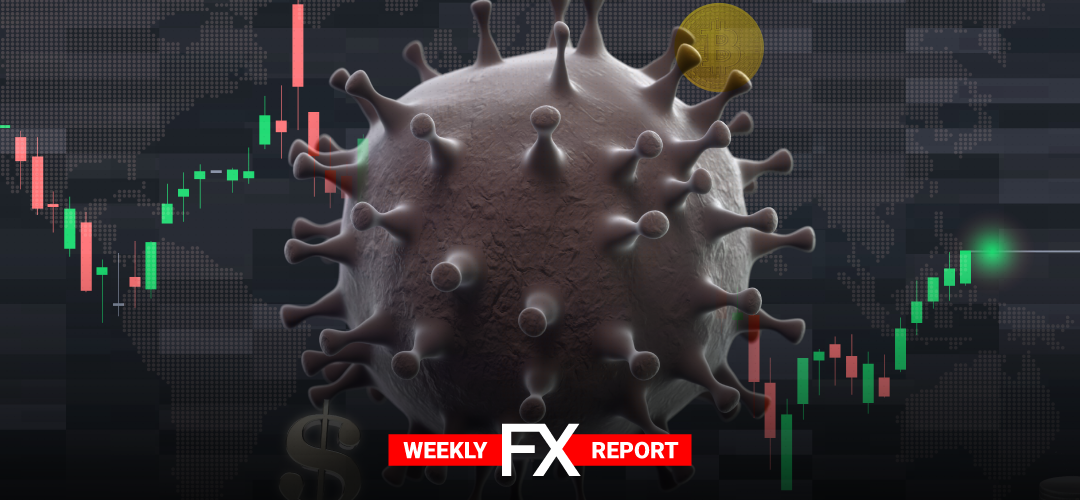Central banks have laid out trillions of dollars of support to markets in recent days to keep them from freezing up but still COVID roils the global economy.
While investors worry about the economic damage from the coronavirus, the intervention helped settle some nerves. Further, investors are counting on further policy easing in the next few days to prop up both markets and the real economy.
However, one sign that the measures so far are insufficient and more stimulus is required is the persistent volatility in markets. Volatility – large ups and downs in asset prices – is at extreme levels.
The relentless spread of COVID-19, the disease caused by the novel coronavirus, has forced entire countries to self-isolate. Economic activity came to a grinding halt, driving the biggest global market sell-off since the 2008 financial crash.
Wall Street analysts and investment managers expect another rough week for U.S. markets due to coronavirus fears.
EU watchdog says markets must stay open for investors as it is vital for the economy to function properly during the coronavirus epidemic.
START TRADINGLQDFXperts – Weekly Forex report
It was a dismal week for EUR/USD, which slipped 3.6%. The pair fell as low as 1.0637. The U.S. dollar came through a week when investors have liquidated everything from stocks to bonds to gold and commodities. The coronavirus outbreak continues to take a heavy toll on the Eurozone economy, with much of the Eurozone under lockdown. With the outbreak expected to worsen, the euro could fall even further.
GBP/USD plunged over 5% for a second successive week. The pound fell close to the 1.14 before recovering. The coronacrisis is threatening to spiral out of control. The U.S dollar has enjoyed broad gains as investors flock to the safe-haven currency.
The U.S. dollar continues to post strong gains, and USD/YEN climbed above 2.5% for a second straight week. The Japanese yen is a safe-haven asset, but investors continue to prefer U.S. dollars, which has enjoyed broad gains.
The AUD/USD pair has been in free-fall, as the Aussie has fallen by over 6% in each of the past two weeks. With risk apprehension at sky-high levels, the outlook for risk currencies like the Aussie is poor.
The week ahead – COVID roils markets as world self-isolates
Economic data for the Eurozone this week will be interesting. The U.S. Department of Commerce will release the final GDP figures for the fourth quarter of 2019 as well as the U.S. durable goods report.
- On Tuesday (24.03) investors await for Eurozone (France, Germany, and for the whole Eurozone), UK and US PMIs. The Eurozone February PMIs showed growth in the services sector, but pointed to contraction in the manufacturing sector. Analysts are braced for very soft readings in March as the COVID-19 outbreak has paralyzed the Eurozone economy.
- On Wednesday (25.03) focus turns to UK Inflation which was unexpectedly strong in January. The estimate for February stands at 1.6%.
- On Thursday (26.03) traders expect the BoE Rate Decision. At this week’s scheduled policy meeting, the bank is projected to maintain the current interest rate. Still, the monetary policy summary will be closely watched by investors.
- On Friday (27.03) all eyes are on U.S. Unemployment Claims. Unemployment claims jumped to 281 thousand, but the upcoming forecast is a staggering 750 thousand, due to the economic turmoil caused by COVID-19.
Follow this week’s economic calendar.
PLEASE NOTE The information above is not investment advice.
Sources: Reuters, CNBC, FX street
